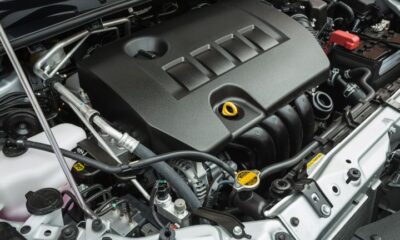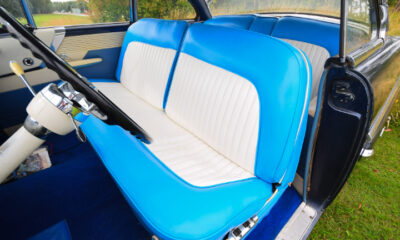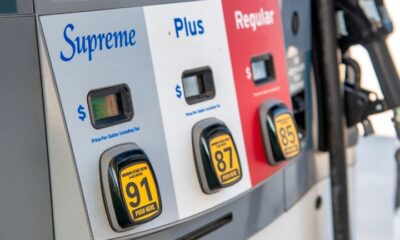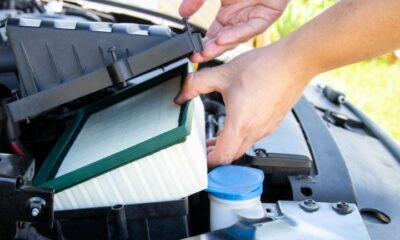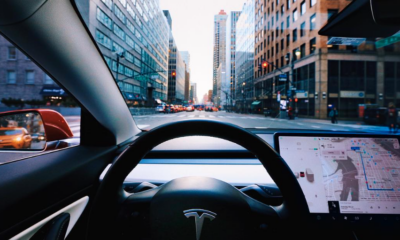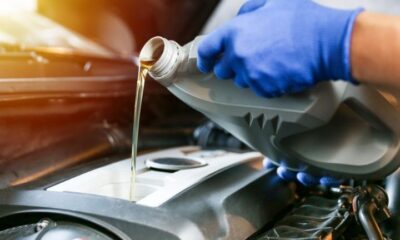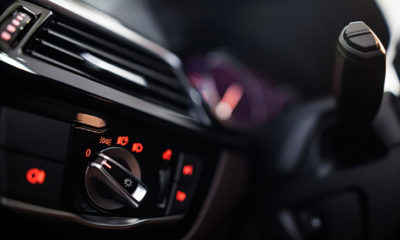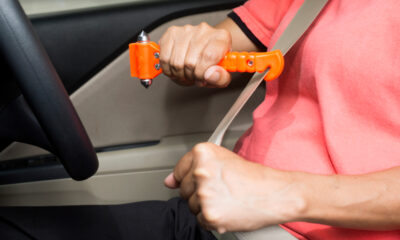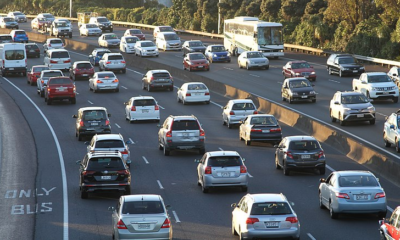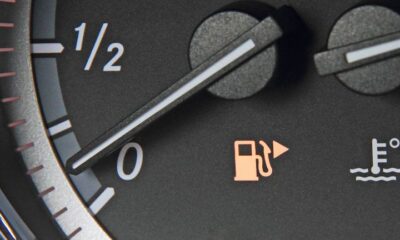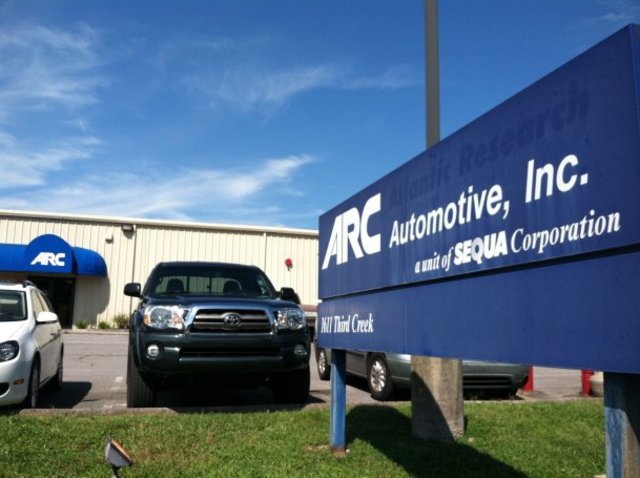
Courtesy of Knoxville News Sentinel
The National Highway Traffic Safety Administration on Tuesday officially declared that air bag inflators manufactured by ARC Automotive and Delphi Automotive are defective, following an eight-year investigation.
According to the NHTSA, some 52 million defective air bag systems are installed in 2000–2018 model year BMW, Ford, GM, Hyundai, Kia, Maserati, Mercedes-Benz, Porsche, Stellantis, Tesla, Toyota and Volkswagen vehicles.
“These air bag inflators may rupture when the vehicle’s air bag is commanded to deploy, causing metal debris to be forcefully ejected into the passenger compartment of the vehicle. A rupturing air bag inflator poses an unreasonable risk of serious injury or death to vehicle occupants,” the NHTSA said.
The agency said there have been at least seven people injured and one person killed in the U.S. as a result of the defect.
The NHTSA in May asked ARC to voluntarily recall the air bag inflators, but the company refused, denying the parts were defective and writing in a letter that the issues were the result of “random” manufacturing anomalies that had been addressed.
But according to the NHTSA, the defects are the result of improper welding by workers at both companies. A “weld slag” is the likely culprit, clogging a vent the inflators use to fill the air bag with gas.
GM voluntarily recalled nearly 1 million vehicles with the faulty air bags in May, after a driver sustained facial injuries.
ARC manufactured approximately 41 million of the inflators, while Delphi produced around 11 million under license from ARC.
“Although air bags, when properly deployed, provide significant safety benefits — NHTSA estimates that frontal air bags have saved more than 50 thousand lives over the past 30 years — the rupture of an air bag inflator during deployment is rare and extremely dangerous,” the agency said. “There is widespread acceptance in the industry that rupturing air bag inflators are safety defects requiring a recall.”
The agency announced a public hearing on Oct. 5, after which it will pursue a court-ordered recall.
TMX contributed to this article.



